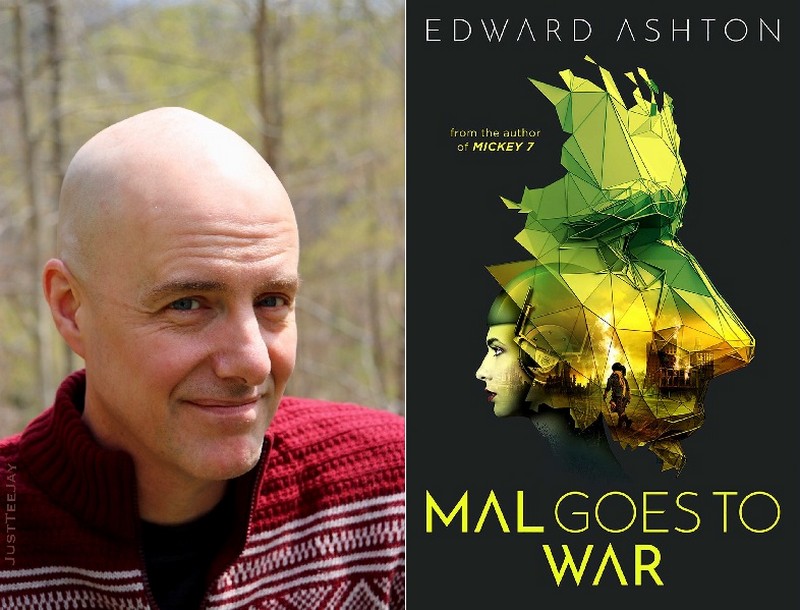 Rosie Andrews pulls a slight bait-and-switch in her debut novel The Leviathan. Set in the 17th Century, the first half of The Leviathan concerns itself with a possible witch trial before pivoting into something even darker.
Rosie Andrews pulls a slight bait-and-switch in her debut novel The Leviathan. Set in the 17th Century, the first half of The Leviathan concerns itself with a possible witch trial before pivoting into something even darker.
The short prologue ends with the ominous words: “She is awake.” But it will be a while before those words have any resonance for the reader. The prologue is set in 1703 in a place “far from the sea”, while the bulk of the action in the early part of the book takes place sixty years before, in 1643, in North Norfolk. Thomas Treadwater has returned from the English civil war to the family farm to find his father in a coma, his sixteen year old sister traumatised, many of their sheep dead and their two servants in prison for witchcraft. Treadwater does not believe in witches or the supernatural and sets out to find out what really happened in his absence, in doing so coming up against a determined witchfinder and his more political master. As more disturbing facts come to the surface, Thomas starts digging into the past and has to start questioning his own beliefs.
The Leviathan relies partly on what the reader knows of the nature of the 17th Century witchcraft trials. In doing so readers will stand right behind Thomas as he questions the establishment. But as Thomas tries to make sense of a cascading series of events he uncovers troubling and irreconcilable truths, and the reader is also inexorably drawn into the supernatural world that Andrews has created.
Andrews conjures a believable 17th Century Norfolk full of superstition in an England riven by civil war, as a backdrop to a tale of deep and implacable malevolence. All of which makes The Leviathan a creepily effective Gothic horror tale and an impressive debut.
Robert Goodman
For more of Robert’s reviews, visit his blog Pile By the Bed
Other reviews you might enjoy:
- The Shape of Darkness (Laura Purcell) – book review
- Everyone in My Family has Killed Someone (Benjamin Stevenson) – book review
- Ordinary Gods and Monsters (Chris Womersley) – book review

Robert Goodman is a book reviewer, former Ned Kelly Awards judge and institutionalised public servant based in Sydney. This and over 450 more book reviews can be found on his website Pile By the Bed.





